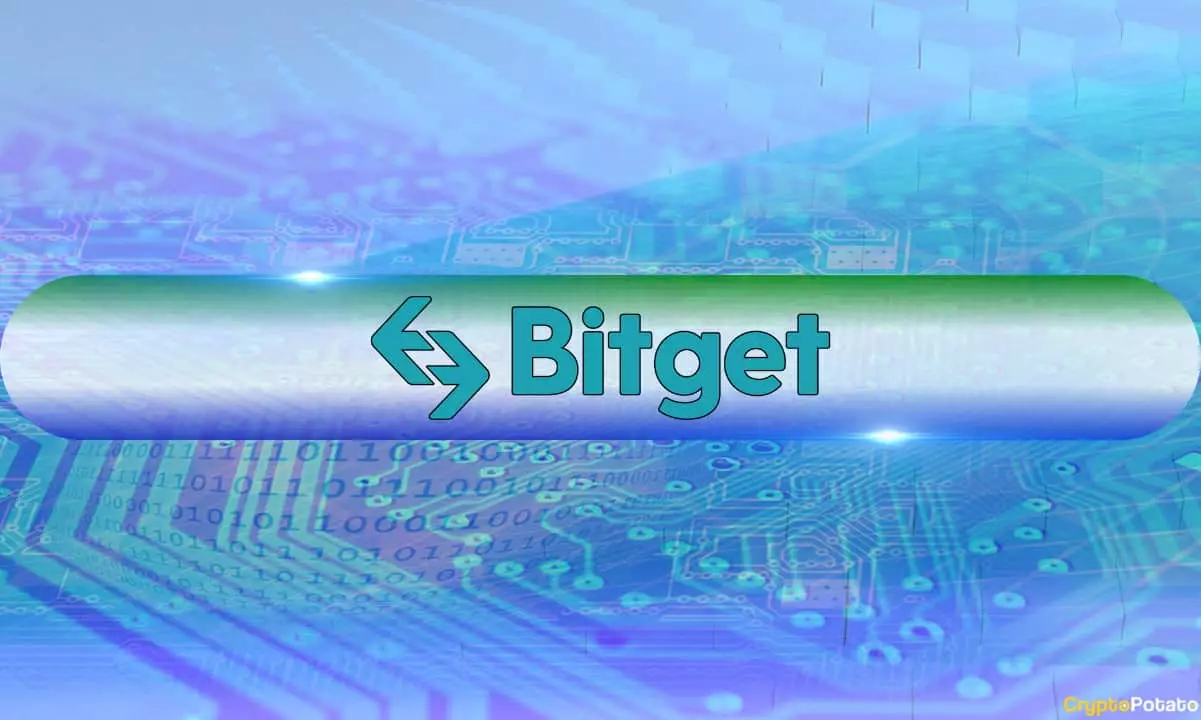On April 20th, an unexpected whirlwind of chaotic trading on Bitget raised eyebrows across the cryptocurrency landscape. The exchange witnessed an unusual surge in activity within the VOXELUSDT perpetual futures market, revealing the ugly side of digital finance’s wild west. The image of cryptocurrency as an unregulated paradise took a hit, as Bitget took immediate action—a suspension of accounts and a drastic rollback of trades. With such a swift response, one must wonder if exchanges like Bitget are truly prepared for the responsibilities that come with managing these high-stakes trading platforms.
Market Manipulation: The Dark Heart of the Incident
According to Bitget, the peculiar trading behavior observed surged between 8:00 and 8:30 UTC, when price fluctuations and trading volumes exploded beyond normal limits. This wasn’t just a slight anomaly; it was an open invitation to the manipulative tactics that have haunted cryptocurrency exchanges. There’s something deeply troubling about the potential market manipulation that played out unnoticed. As the digital currency community awakes to the reality of market fragility, we must reflect on how such vulnerabilities can shatter investor confidence.
Some users reported outrageous gains—one claimed to have transformed less than $100 into six figures. This bizarre scenario raises several critical questions: Is it ethical to profit from such extraordinary fluctuations tied to potential manipulation? Furthermore, should we reclaim our faith in the system that allows for such discrepancies? While Bitget declared that all other accounts remained intact, the whiff of systemic failure lingers, calling into question the effectiveness of the exchange’s internal mechanisms.
The Disgrace of Centralized Exchanges
The Bitget event echoes past incidents, drawing comparisons to the infamous Hyperliquid-JELLY case in March 2025. The swift backlash from those previously affected by market manipulation underscores a foreboding reality of centralized exchanges. Bitget’s current course of action—rolling back trades and offering compensations—could be seen as a necessary evil, but it also spotlights the limitations and mismanagement that can exist in crypto trading.
It’s alarming that the CEO of Bitget, Gracy Chen, previously criticized Hyperliquid’s heavy-handed approach to such situations, warning about the erosion of trust. Now, her own platform faces a backlash that could do just that. The hypocrisy in this scenario reeks of irony, highlighting the broader question of accountability in an industry struggling to maintain credibility even as it aims for legitimacy.
Moving Forward: The Call for Greater Responsibility
As Bitget navigates the fallout of this incident, it opens up a significant dialogue about what is expected from centralized exchanges amid bizarre trading scenarios. Should these platforms act as gatekeepers for market integrity or merely as facilitators of profit-seeking? The crypto community watches this situation intently, pushing for regulations that ensure transparency and security. Traders are becoming increasingly aware that the stakes are high—not just for their investments, but for the overall stability of the exchanges in which they invest.
We stand at a crossroads; one path leads to greater transparency and reform in the crypto space, while the other spells disaster and a loss of investor trust. If exchanges continue to treat their platforms merely as profit machines, we may soon find ourselves in a predicament that jeopardizes the very fabric of the cryptocurrency market.


Leave a Reply